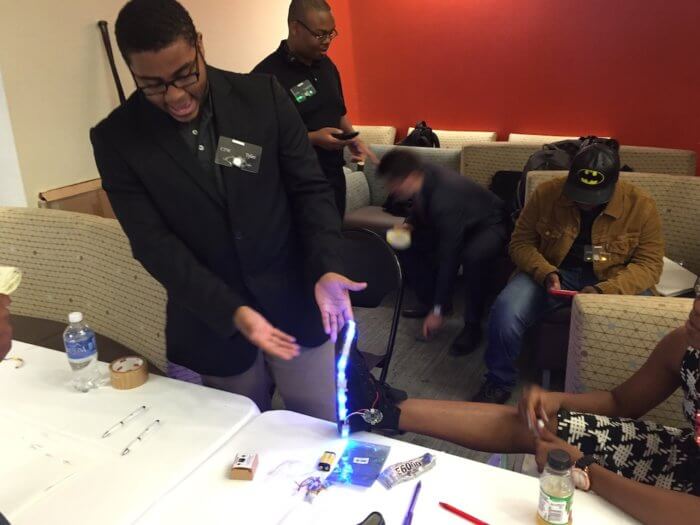Back in the day, if you had a kid, and that kid needed to go to school, you didn’t have very many options about where to send her. There was the local public school, maybe a parochial school or two and — if you were very lucky — a private prep school. Nowadays, it’s a different story. We are faced with an abundance of choice, from schools that focus on everything from aerospace to performing arts, to specialized institutions devoted to Montessori or Waldorf teaching methods. “I once visited a school that was a medical arts school,” says Andrew R. Campanella, president of National School Choice Week, “in which students learn how to operate a hospital. It was the most incredible thing.” RELATED: These girls prove that math and robots aren’t just for boys Yet, all those options can be daunting — should your child go to a charter school, a magnet school, a college-preparatory school? We asked Campanella for his advice on how parents can find — and afford — the best learning institution for their kids. Make a list
The thing is, what makes a successful school is different depending on the child. “Each child has unique talents, and unique challenges,” says Campanella. “So the first thing I tell parents is to make a list of all the different characteristics they’re looking for in an ideal school.” RELATED: Why you should consider bilingual education These can range from class size (does your child thrive in a larger environment, or does she need more individual attention) to special extracurriculars (such as orchestra, which not every school may have) to the style of instruction to an emphasis on specific subjects (such as STEM). What should always be on that list, however: safety. “You want to make sure you’re sending your child to a safe school.” Don’t wait too long
Once you have your list, start researching, stat. Schools are competitive, and have only a finite number of seats. “You need to start in winter in order to enroll your child for the next school year,” says Campanella. “If you wait until summer break, all the seats in the schools you like the most will be filled up.” Visit — and ask lots of questions
Of course, nothing beats seeing the school up close and in person, and perhaps even sitting in on some classes too. Bring your child, and make sure to ask questions not only of the administrators but of current students as well. “You want to ask the school to describe how they set expectations for each individual students, and what your child will learn and get out of going to school there,” says Campanella. “You want a school that can communicate in a clear and explainable way how they set high expectations and how they help their students achieve these expectations.” RELATED: Michelle Obama on why we should care about girls education worldwide Campanella also suggests asking about how the school views parental involvement. “You don’t want a school that discourages parental involvement or views it as a nuisance,” he advises. “You want a school that sees you as a partner.” Look for scholarships
Alternative schooling — particularly in private schools — can be quite expensive. But just because you aren’t flush in cash doesn’t mean you shouldn’t bother. Lower-income families can seek educational scholarships through Philadelphia’s Children’s Scholarship Fund, and Pennsylvania offers tax credits to middle- and lower-income households through the Earned Income Tax Credit program, which can also help fund a year’s worth of private school. But there are other ways to find money, too. “Tons of places — like churches, synagogues, banks, organizations and groups, community centers — offer scholarships to people in the community,” says Campanella. And, there’s always the option of going directly to the school. “Never be afraid to ask what they can do to reduce the cost of tuition.”
How to choose the right school for your child

iStock





























